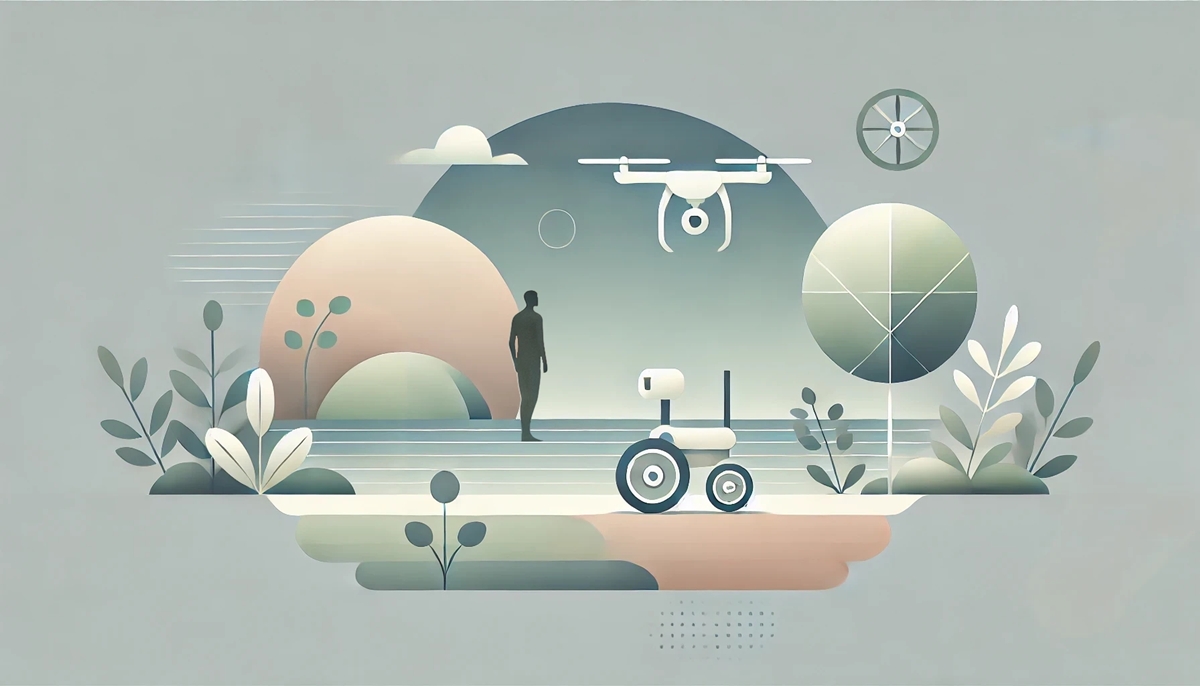Perception and Cognition for Autonomous Systems
Autonomous systems combine the physical capabilities of robots with the intelligence and adaptability provided by AI. Such systems should be able to perceive the world and reason about it. PCAS provides solutions to our urgent societal and environmental challenges, thus promising a better and more sustainable future for our planet and society.

Technology can transform the way we, humans, live and work. Imagine intelligent machines taking care of tasks in our homes and working environments, learning from their mistakes and developing their skills over time. The PCAS group performs cutting-edge research in:Research fields
- Perception for real-world, real-time operation
This area focuses on developing advanced perception systems that ensure reliable and accurate detection, recognition, and interpretation of environmental cues in real-world scenarios. It addresses challenges such as low latency, robustness under uncertain conditions, and integration with real-time decision-making frameworks.
- Active cognition in the field
This area focuses on the ability of autonomous systems to act and react based on contextual understanding of their operational environment, rather than performing choreographed operations. It investigates mechanisms for adaptive decision-making, learning, and problem-solving under changing and often unpredictable conditions
- Cognitive and safety aspects of engineering design and operation
This area examines the integration of human cognitive factors and safety considerations into the lifecycle of engineering systems. It enhances system usability, reliability, and safety through human- and system-centered design principles, stressing human-machine collaboration and adherence to regulatory standards. The group combines these areas to create AI-enabled robots and autonomous systems for the benefit of society.
Contact
Lazaros Nalpantidis Group Leader, Professor lanalpa@dtu.dk